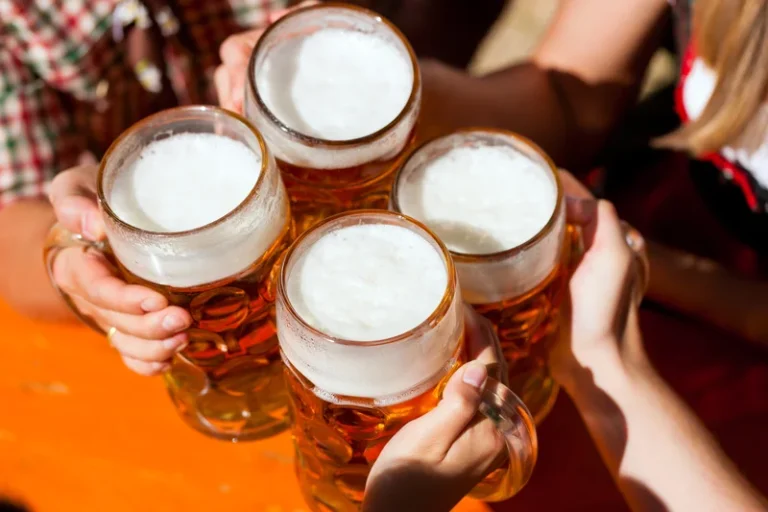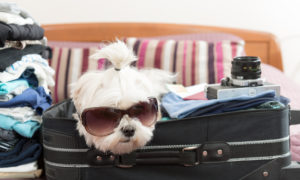
Knowing the potential risk posed by histamines will help ensure that the wine is safe and enjoyable for everyone to consume. Histamines can be found in wine, as they are produced when yeast is used to ferment grapes. For these reasons, it is important for winemakers to be aware of the possible effects that histamines may have on some people. As such, The TTTB has proposed a change to the labeling requirements which will require winemakers to list any ingredients that may contain histamines on the label.

On Health
To avoid a reaction, avoid alcohol or the particular substance that causes your reaction. Others believe it’s just a coincidental occurrence with no real significance. Whatever the source, sneezing after drinking beer is a phenomenon that many people have experienced. It may be nothing more than coincidence, or it could signal the start of legal intoxication. Either way, it’s definitely something to keep an eye on if you’re out enjoying some beers with Sobriety friends.
Why Do I Sneeze When I Drink Alcohol?

Drinking alcohol can also increase your risk of developing asthma or other respiratory conditions. Allergens in wine can cause a range of reactions, including skin irritation, gastrointestinal problems, and respiratory symptoms. It is important to be aware of the potential allergens present in wine so that those who suffer from allergies can choose wines that are safe for them to drink.
Other foods

A skin prick test or blood test may be used to detect an allergic reaction to the particular compounds that are present in red wine. If a person is found to be sensitive to red wine, they may need to avoid it altogether or switch to white wine, which contains a lower concentration of histamine. It is important to note that not all allergic reactions to red wine are caused by histamine. It’s important to note that a Red Wine Allergy is not the same as an intolerance to red wine. An allergy occurs when something in the wine triggers an immune reaction, while an intolerance takes place when someone has difficulty digesting certain components of the beverage. As such, a person who is allergic to red wine should avoid it altogether and seek medical advice if symptoms persist.
Prevention
Besides, maybe your sneezes are just nature’s way of making sure you don’t have too much fun ;). Thanks for reading and we hope this post has helped to provide some clarity on the matter. If you find that drinking beer makes you sneeze, there are several things you can do to help prevent this from happening. First, try different types of beer to see if some brands don’t make your nose tickle as much. Additionally, it might be a good idea to drink the beer more slowly and not in one quick why does wine make me sneeze gulp. Alcohol and food allergies can cause serious health problems, yet many people do not take the necessary precautions to prevent them.
New Study Finds That 1 Percent Of The Population Is Sensitive To Sulfites In Wine
Alcohol is not the only category of food/drink that can affect allergies in this way. If this sound like you or someone you know, be sure to be mindful of foods like aged cheese, bread, and other fermented products like cider that can contain histamines as well. Before we get started on Red Wine Allergies, it is really important to understand exactly what distinguish relatively rare wine allergies from the common Red Wine Intolerance. There is much confusion about these two terms, and at PureWine, we believe it is important to make the distinction between these concepts very clear for the wine lover. Once understood, those nasty side effects like headaches, stuffy nose and skin flush are a thing of the past. Many people report that red wine causes the most noticeable nasal congestion, even in those without an alcohol allergy or alcohol intolerance.
- Also, if your symptoms seem to be linked to an allergy or a medication you’re taking, see your doctor.
- While this may sound like an allergic reaction, these types of reactions to wine or beer actually have more to do with your immune system.
- This is due to chemicals present in the taste buds that are activated by certain flavors or odors.
- Red and white wines are made from different types of grapes and undergo different fermentation processes, which can affect the amount of certain allergens they contain.
- Mixed drinks containing any of the ingredients mentioned earlier are also likely to cause sneezing.
Symptoms of Wine Allergy
Additionally, the phenolic compounds found in red wine can cause further irritation and worsen the condition. If you do choose to consume red wine, make sure to do so in moderation and avoid consuming too much. Additionally, adding foods with anti-inflammatory properties to your diet can help reduce any irritation caused by red wine consumption. It is not known for certain why some people experience sinus congestion after drinking red wine, but it is believed to be due to a combination of factors.
What Causes Red Wine Allergies?
In one Spanish study in 2007, researchers found that 5 individuals developed Red Wine Allergies to the venom of Vespula and Polistes wasps 7. You may be surprised to learn these agents are commonly used by winemakers! Consequently, patients who have allergies to seafood, eggs, dairy and a variety of other allergens may experience Red Wine Allergies after consuming Red Wines. One common question that we get at PureWine is whether or not turning red (i.e. developing a flushed appearance) after drinking Red Wine is indicative of an allergy.




















